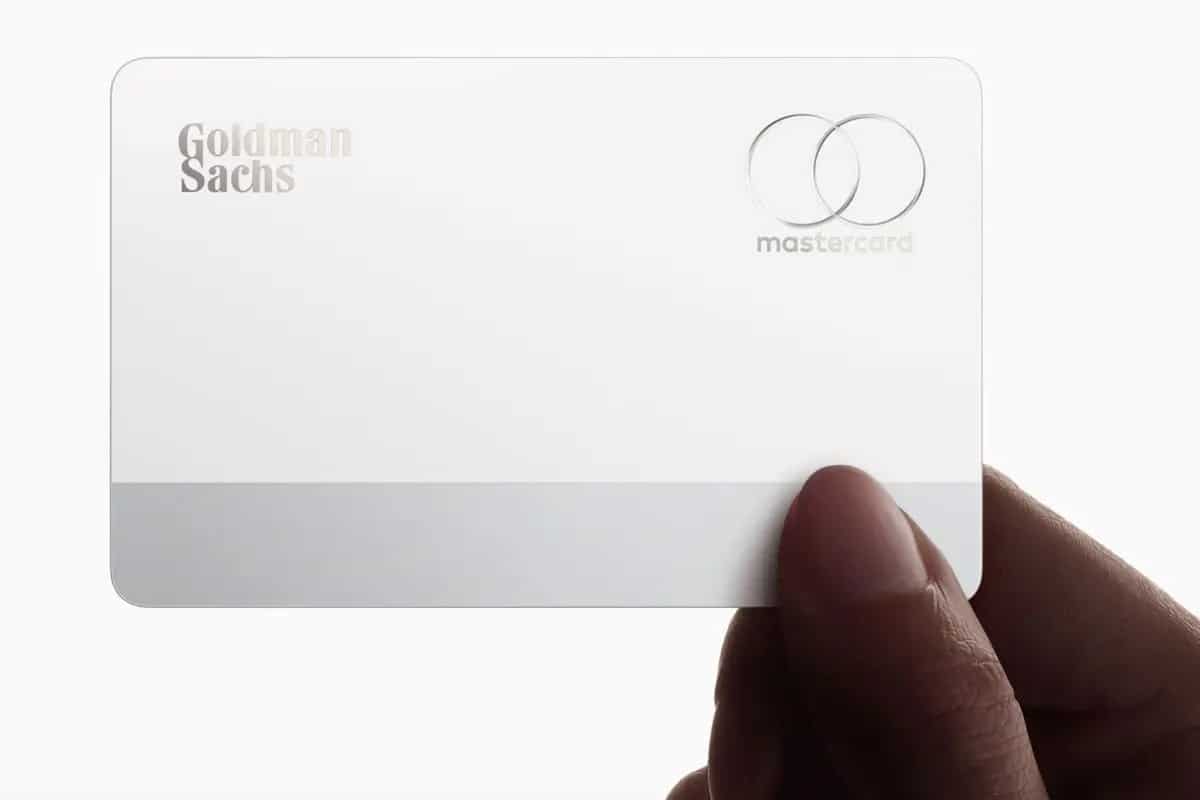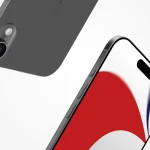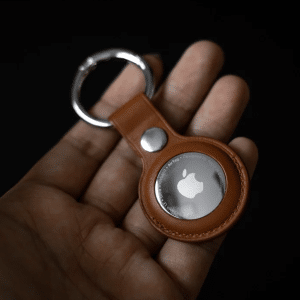Apple is poised to conclude its credit card partnership with Goldman Sachs, a move revealed by The Wall Street Journal. This transition, expected to occur within the next 12 to 15 months, leaves open questions about Apple’s future partnerships for the Apple Card.
The dissolution will encompass the entire consumer relationship between Apple and Goldman Sachs, including both the Apple Card and the Apple Savings account. Despite this shift, Apple reassures, through a statement to CNBC, its commitment to delivering “the best tools and services” for Apple Card customers.
“Apple and Goldman Sachs are focused on providing an incredible experience for our customers to help them lead healthier financial lives,” an Apple representative said to the news outlet. “The award-winning Apple Card has seen a great reception from consumers, and we will continue to innovate and deliver the best tools and services for them.”
Earlier rumors indicated Goldman Sachs’ desire to exit the partnership as part of a strategy to scale back its consumer business. Conversations reportedly occurred between Goldman Sachs and American Express about a potential takeover, although any transition faces constraints, given the Apple Card’s obligation to operate on the Mastercard network until 2026 due to existing agreements.
American Express expressed reservations, particularly regarding loan loss rates influenced by Apple’s approval policies, casting uncertainty on the progress of these discussions. Another potential contender, Synchrony Financial, the leading issuer of store credit cards, has shown interest in assuming responsibility for the Apple Card, according to The Wall Street Journal.

Since its inception in 2019, the collaboration between Goldman Sachs and Apple has extended beyond the Apple Card to include the high-yield Apple Savings account and the Apple Pay Later feature. However, this partnership has faced challenges, particularly in customer service, with reported long wait times for resolving disputed Apple Card transactions and issues related to the Apple Savings account.
The U.S. Consumer Financial Protection Bureau initiated an investigation into Goldman Sachs following customer complaints, contributing to friction with Apple. While Apple expressed dissatisfaction with the customer service reputation of its financial products, some Goldman Sachs executives attributed the regulatory scrutiny to Apple’s policies.
Goldman Sachs, a newcomer to consumer banking at the time of the Apple Card launch, agreed to waive several typical credit card fees to secure the deal with Apple. This arrangement excludes Goldman Sachs from receiving a share of merchant fees for Apple Card transactions and prohibits the collection of annual, late, or foreign transaction fees. The bank’s primary revenue from the partnership arises from loans to cardholders who opt for installment plans on Apple purchases.

The potential for Apple to secure a similar agreement with another issuer remains uncertain, given the limited revenue opportunities associated with the Apple Card.














